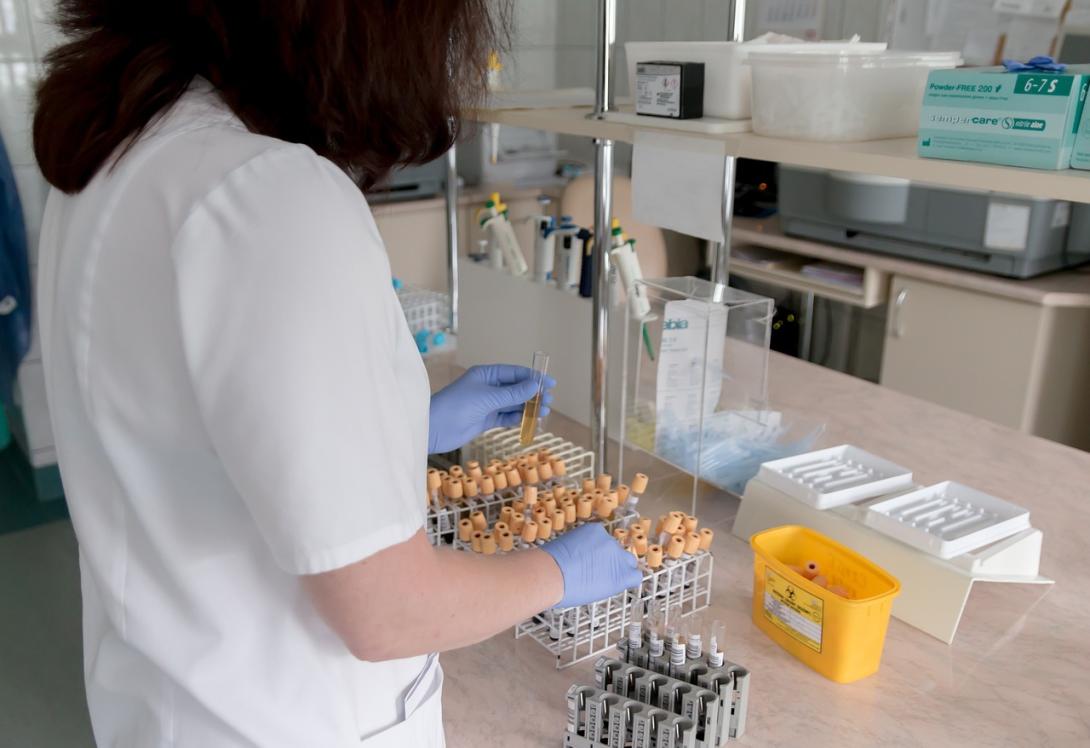
Taking charge of your health is a vital part of adulthood, especially when you're between the ages of 30 and 40. Regular medical tests and check-ups can help identify potential health issues early, allowing for timely interventions. In this article, we'll explore the essential medical tests for adults in this age group
- Blood Pressure Measurement: High blood pressure (hypertension) is a silent killer that can lead to heart disease and stroke. Regular monitoring helps detect and manage it.
- Cholesterol Profile: High cholesterol levels can contribute to heart disease. Monitoring cholesterol helps in early prevention.
- Blood Glucose Test: Monitoring blood glucose levels helps detect diabetes or prediabetes, which can lead to various health complications.
- Body Mass Index (BMI) Measurement: BMI is an indicator of whether you're underweight, normal weight, overweight, or obese. It can help in weight management.
- Vision and Eye Health Check: Regular eye exams can detect vision problems and eye diseases like glaucoma and cataracts.
- Dental Check-up: Oral health is linked to overall health. Regular dental check-ups can help prevent dental issues and gum disease.
- Skin Examination: Skin cancers like melanoma are more common as you age. Regular skin checks can help identify potential issues early.
- Pap Smear (for Women): Pap smears are crucial for detecting cervical cancer in its early, highly treatable stages.
- Breast Examination (for Women): Regular breast exams can help detect breast cancer early.
- Prostate Cancer Screening (for Men): Prostate cancer risk increases with age. Screening can help identify potential issues.
- Bone Density Test: Bone density tests can detect osteoporosis, a condition more common in women but affecting men as well.
- Thyroid Function Test: Thyroid disorders can affect metabolism and overall health. Early detection helps in management.
- Colorectal Cancer Screening: Colorectal cancer risk increases with age. Screening can detect precancerous polyps or cancer itself.
- Electrocardiogram (ECG or EKG): An ECG measures the electrical activity of the heart and can detect heart issues.
- Pulmonary Function Test: Lung function tests help identify respiratory issues like asthma or chronic obstructive pulmonary disease (COPD).
- Liver Function Test: Liver function tests can detect liver diseases and assess liver health.
- Kidney Function Test: Kidney function tests assess how well your kidneys are working.
- Comprehensive Metabolic Panel (CMP): A CMP measures various markers like glucose, electrolytes, and kidney function, providing an overall health picture.
- Thyroid Ultrasound: An ultrasound can help evaluate thyroid nodules or abnormalities detected in thyroid function tests.
Conclusion
Prioritizing your health in your 30s to 40s is a wise decision. Regular medical tests and check-ups can help you maintain good health and catch potential issues early, when they are often more manageable. Don't hesitate to consult with a healthcare provider to discuss which tests are most appropriate for you based on your medical history and risk factors.
Frequently Asked Questions (FAQs)
- Do I need to get all these tests done every year?
- The frequency of these tests may vary based on your overall health, family history, and risk factors. Consult with your healthcare provider to determine the appropriate schedule.
- Are these tests covered by health insurance?
- Many of these tests are covered by health insurance, but coverage can vary. Check with your insurance provider to understand your coverage.
- I feel healthy. Do I still need to get these tests done?
- Yes, even if you feel healthy, these tests can detect underlying health issues that may not present obvious symptoms.
- Is there a specific age at which I should start these tests?
- The age at which you should start these tests can vary based on your individual health history and risk factors. Consult with your healthcare provider to determine when to begin.
- Can I skip certain tests if I'm not at risk for certain conditions?
- While some tests may be more relevant based on your risk factors, it's essential to consult with a healthcare provider to make informed decisions about skipping specific tests.
- How can I prepare for these tests?
- Preparation instructions can vary for different tests. Your healthcare provider will provide specific guidance on fasting, medications, or other requirements before each test.
- Are there any lifestyle changes I should make to maintain good health in my 30s and 40s?
- Yes, maintaining a balanced diet, regular exercise, managing stress, getting enough sleep, and avoiding smoking and excessive alcohol consumption can contribute to good health during this age range.
- Can I request these tests on my own, or do I need a doctor's referral?
- Some tests may require a doctor's referral, while others can be requested directly from a laboratory. Check with your healthcare provider for guidance.
- What should I do if a test result is abnormal?
- If a test result is abnormal, consult with your healthcare provider for further evaluation and guidance on potential treatments or lifestyle changes.
- Do I need to fast before any of these tests?
- Fasting may be required for certain tests, such as blood glucose or cholesterol tests. Your healthcare provider will provide specific instructions if fasting is necessary for a particular test.
_______________________
